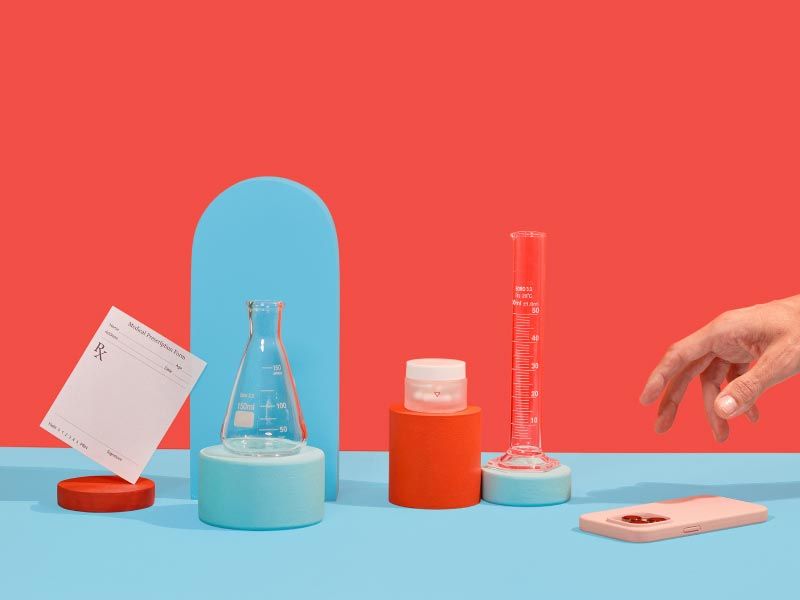
Ask A Doctor: STIs
By Dr. Laura Purdy, M.D.
May 27, 2021
You’ve got questions, we’ve got answers. In this edition of Ask A Doctor, Dr. Laura Purdy, M.D. is answering your frequently asked questions about Sexually Transmitted Infections (a.k.a. STD’s or STI’s).
The CDC estimates that at any given time, about 1 in 5 people has an STI. If you’re experiencing telltale symptoms like burning during urination, unusual discharge, or pain, you definitely aren’t alone, but you might have some questions. At Wisp, our doctors answer questions about STIs about STI treatment every day, so we’ve collected a few of your most asked questions all in one place!
If you have a question about STD treatment that is not listed below, send us a message on Instagram and we'll add it to the list!
Q: When can I have sex again after treatment for an STI?
We know you’re ready to jump back into things, but there’s no rush! You want to be sure you are completely recovered and are protecting your partners’ health. Wait 72 hours after completing your treatment and ensure you are symptom-free so there’s no chance you can pass on an infection. Your next partner will thank you.
Q: Does my partner need to be treated if I have an STI?
Yes, your partners will need to be treated to ensure you don’t continue passing an infection back and forth. If they opt to use Wisp as well, they will need to create their own account to get medication. You may also consider informing previous partners that they have been exposed to an STI (if this is the case). This can be a difficult conversation to have, so some patients opt to use a partner notification service like Tell Your Partner. This type of organization can send an anonymous text to any of your partners and let them know they have been exposed to an STI and should go get tested, but your name will not be attached.
Q: Why can’t I be treated for all STIs at the same time without being tested? I just want to be safe.
Treating every bacterial STI would require you to take at least 3 different kinds of antibiotics. This type of “shotgun” treatment exposes you to potentially unnecessary treatment, unnecessary risk of adverse effects, and contributes to antibiotic resistance. Running tests to determine exactly which STI(s) you have helps your doctor to prescribe the most effective treatment for your infection. Targeting your treatment increases the chances it will be successful at getting rid of the infection completely and helps prevent antibiotic resistance.
Still have questions? You can always message your doctor from your Wisp account! You always can access STI treatment via an online consultation. Stay curious!



